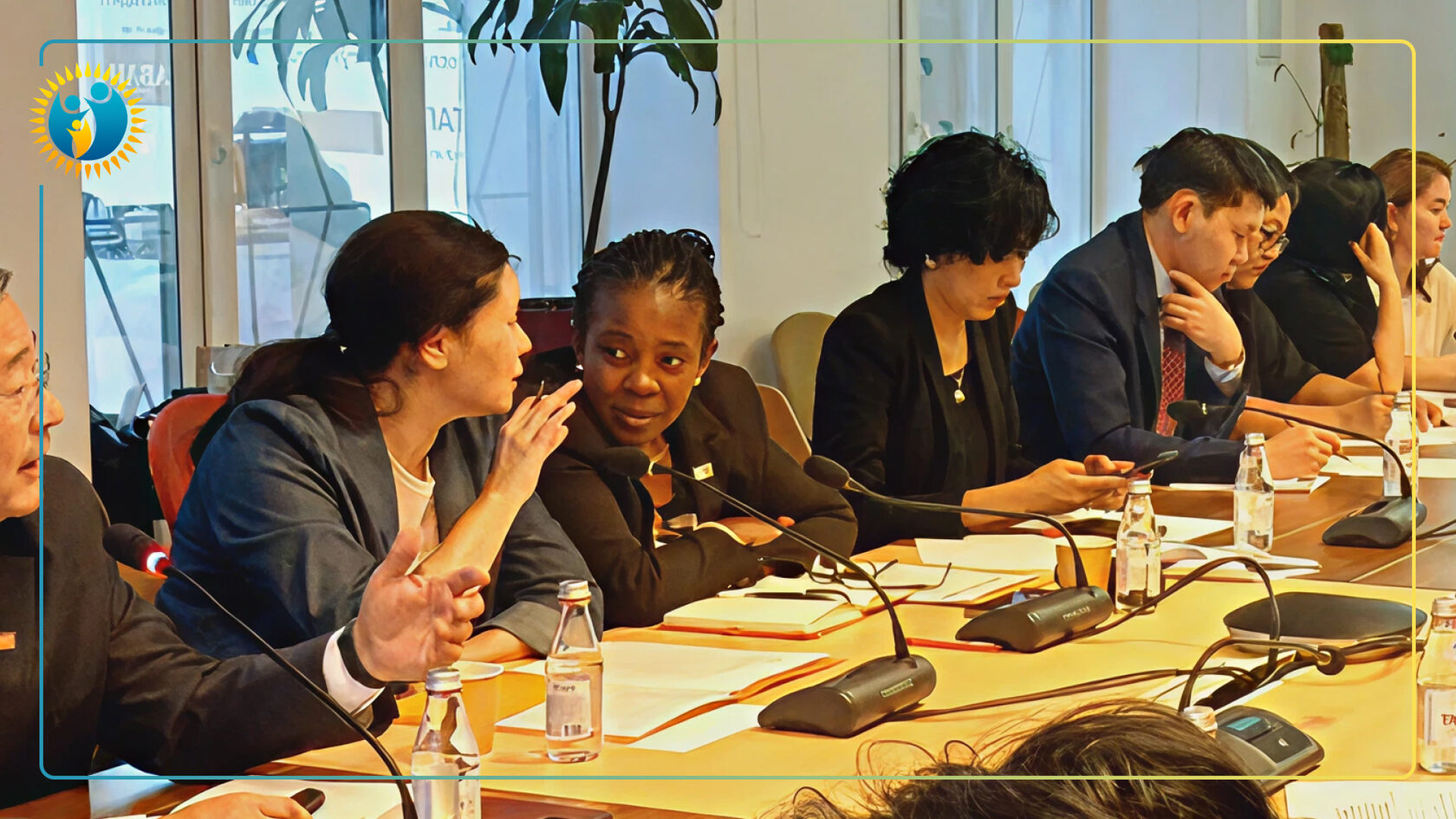On May 21, the official presentation of the United Nations Population Fund (UNFPA) Country Programme for Kazakhstan 2026–2030 took place in Astana. Togzhan Kozhaly, Member of the National Commission for Women Affairs, Family and Demographic Policy under the President of the Republic of Kazakhstan, participated in the event and delivered a welcoming address.
In her remarks, Togzhan Kozhaly emphasized that the new UNFPA programme is not merely a strategic document but a tangible step toward improving the lives of millions of people in Kazakhstan, especially women, adolescents, and vulnerable groups. The programme focuses on empowering women, advancing gender equality, improving reproductive health, and strengthening social cohesion in the face of demographic and climate challenges.
Key facts shared during the presentation:
● 22.6% of Kazakhstan’s population is aged 10 to 24
● The adolescent birth rate is 18 per 1,000 (and 23.2 per 1,000 in rural areas)
● 10% of women of reproductive age have unmet needs in family planning
● 17% of women aged 18–75 have experienced intimate partner violence
● Only 8% of adolescents possess comprehensive knowledge about HIV
By 2030, the new Country Programme aims to:
● Increase access to modern contraception from 73.2% to 85%
● Reduce unmet family planning needs from 10% to 6%
● Decrease adolescent birth rates from 18 to 14 per 1,000
● Integrate comprehensive sexuality education and life skills into the national curriculu
● Embed SRH and GBV response services into emergency preparedness systems
● Reduce the percentage of women who believe domestic violence is acceptable from 9% to 6%, and among men from 21% to 15%
The programme also envisions expanding inter-agency response mechanisms to gender-based violence, promoting digital health solutions, supporting vulnerable populations including persons with disabilities, and strengthening data collection and demographic analysis systems.
Togzhan Kozhaly highlighted the vital role of the National Commission for Women Affairs, Family and Demographic Policy, calling it a key institution ensuring coordination of state policy in the protection of women’s rights, family well-being, and gender equality.
“The Commission serves as a bridge between the state, civil society, and international partners — ensuring that at the heart of every policy, every programme, there is a specific woman, a specific girl, regardless of whether she lives in a city or in a rural village.”
In her remarks, Togzhan Kozhaly emphasized that the new UNFPA programme is not merely a strategic document but a tangible step toward improving the lives of millions of people in Kazakhstan, especially women, adolescents, and vulnerable groups. The programme focuses on empowering women, advancing gender equality, improving reproductive health, and strengthening social cohesion in the face of demographic and climate challenges.
Key facts shared during the presentation:
● 22.6% of Kazakhstan’s population is aged 10 to 24
● The adolescent birth rate is 18 per 1,000 (and 23.2 per 1,000 in rural areas)
● 10% of women of reproductive age have unmet needs in family planning
● 17% of women aged 18–75 have experienced intimate partner violence
● Only 8% of adolescents possess comprehensive knowledge about HIV
By 2030, the new Country Programme aims to:
● Increase access to modern contraception from 73.2% to 85%
● Reduce unmet family planning needs from 10% to 6%
● Decrease adolescent birth rates from 18 to 14 per 1,000
● Integrate comprehensive sexuality education and life skills into the national curriculu
● Embed SRH and GBV response services into emergency preparedness systems
● Reduce the percentage of women who believe domestic violence is acceptable from 9% to 6%, and among men from 21% to 15%
The programme also envisions expanding inter-agency response mechanisms to gender-based violence, promoting digital health solutions, supporting vulnerable populations including persons with disabilities, and strengthening data collection and demographic analysis systems.
Togzhan Kozhaly highlighted the vital role of the National Commission for Women Affairs, Family and Demographic Policy, calling it a key institution ensuring coordination of state policy in the protection of women’s rights, family well-being, and gender equality.
“The Commission serves as a bridge between the state, civil society, and international partners — ensuring that at the heart of every policy, every programme, there is a specific woman, a specific girl, regardless of whether she lives in a city or in a rural village.”
